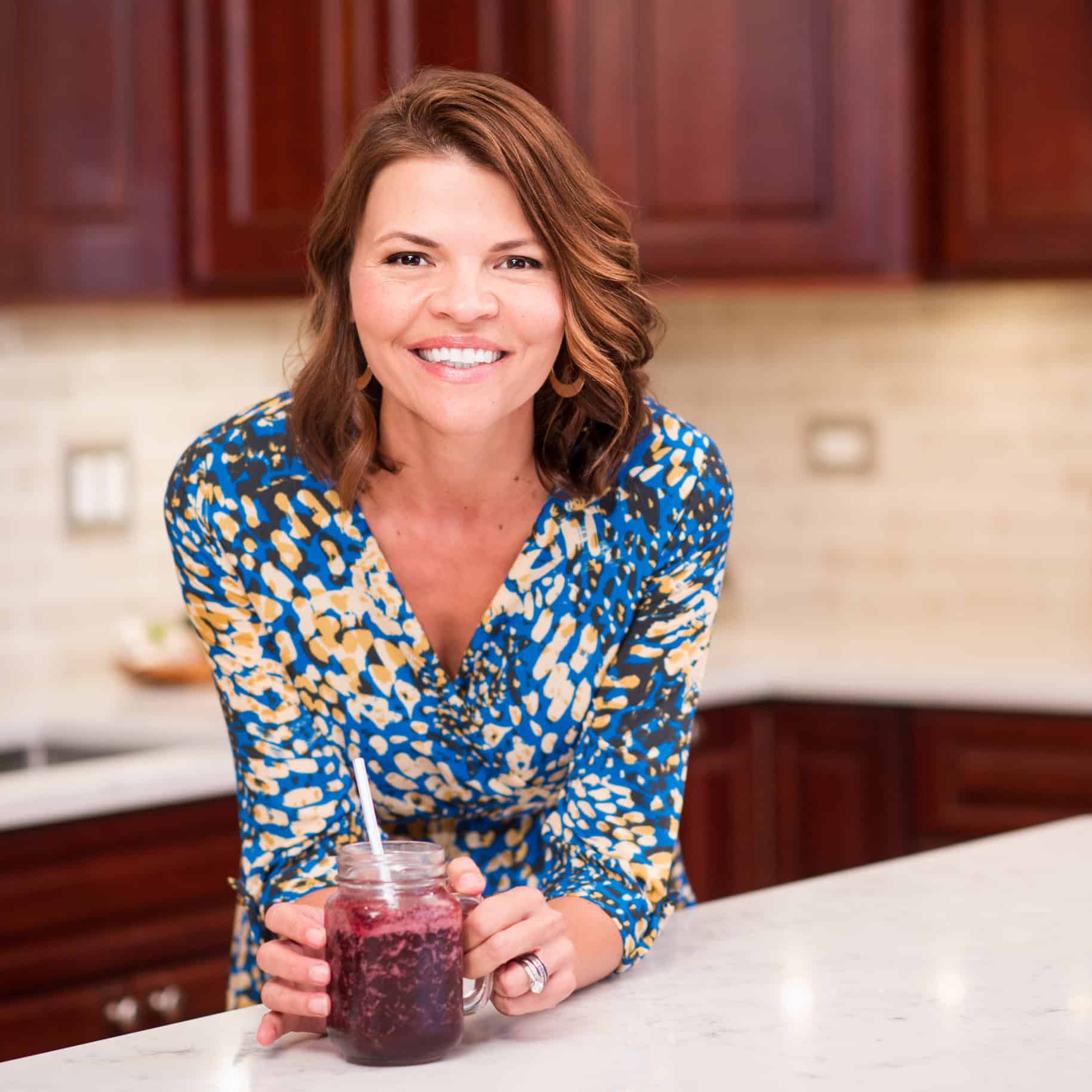With contradictory claims about aspartame, explore these 3 unexpected ways to add natural sweetness to your daily diet
There is such a thing as too sweet — especially if you’re dealing with any chronic health issues, such as diabetes, obesity, or high cholesterol. Many people cut back on added sugar with sugar substitutes, including aspartame, to sweeten their favorite foods and drinks. But are zero-calorie or low-calorie sweeteners safe long-term substitutes for sugar?
Scientists have conducted myriad studies on the food additive aspartame, and controversy bubbled up earlier this year when the World Health Organization released an assessment classifying aspartame as “possibly carcinogenic to humans.” Yet, the U.S. Food and Drug Administration (FDA) disagrees, deeming the evidence insufficient to link aspartame with cancer risk.
As the general public sorts through the contradictory assertions, media headlines have typically failed to make clear how much aspartame poses a threat to health. The FDA’s acceptable daily intake (ADI) of aspartame translates to an adult drinking up to14 cans of diet soft drinks a day.
And if you do drink that much, the risks may come from more than the aspartame. “Consuming more than a dozen cans of diet soda likely won’t leave space in the diet for water consumption and nutrient-rich foods and beverages that improve our diet quality,” says Emily Schiller, a family-focused registered dietitian nutritionist in Highland Park.
“If your daily routine already includes enjoying coffee with added sugar substitute or an afternoon diet soda, there isn’t necessarily a need to change those preferences immediately. It would be unreasonable to avoid or remove every sugar substitute completely from your diet,” Schiller says.
Although the FDA has put their safety stamp of approval for the general population on many non-nutritive sweeteners, keep in mind that just because a food or beverage is sugar-free doesn’t mean it’s good for you.
“Use daily moderation and common sense when it comes to sugar substitutes, and focus on whole food and beverage choices that contain beneficial nutrients,” Schiller says.
Melissa Sujak, a registered dietitian and diabetes care and education specialist at Northwestern Medicine Primary and Specialty Care in Chicago, says people should consider small changes in their diet. “If you are using [artificial sweeteners] several times per day, cut back to once a day or a few times per week,” she says.
It may take some thinking outside the box of pastel packets to get added sweetness, but there are numerous ways to add a hint of sweet flavor to your food and beverage choices.
3 Unexpected Ways to Add Natural Sweetness
1. Add fruit.
Most fruits are naturally sweet, flavorful and nutritious. “Fresh, dried and frozen fruit can add natural sweetness and are packed with nutrients like dietary fiber, vitamins, and minerals,” Schiller says. She suggests adding Medjool dates to smoothies, banana slices to cereal or oatmeal, and unsweetened applesauce or raisins to baked muffins or cookies. Liven up water or sparkling water with a slice of lemon, lime, or orange. Avoid sugar-laden jams and jellies, and spread peanut butter and fresh berries or all-fruit spread on your toast instead.
2. Use herbs and spices.
This can add depth of flavor and intrigue to your food or drinks. “I recommend adding cinnamon or a dash of pure vanilla extract to enhance the sweetness,” Sujak says. Sprinkle cinnamon or cacao powder into coffee, oatmeal, or over toast; toss a couple of slivers of ginger root into hot tea, and nutmeg into pancake batter. And bonus: Herbs and spices also add a boost of nutritional value to your favorite meals and snacks.
3. Savor pure syrups.
From antioxidants to vitamins and minerals, natural syrups and honey offer many nutritional boosts. “Pure maple sugar and raw honey can be included in a healthy eating pattern in moderation,” Sujak says. Use a teaspoon of honey in your tea or a teaspoon of pure maple syrup in your oatmeal, as they — like brown rice syrup, date syrup, and yacon syrup — have a place in a healthy lifestyle in small amounts.

Vicki is a registered dietitian nutritionist, lifestyle nutrition expert, writer, culinary and media consultant and author of two books.












